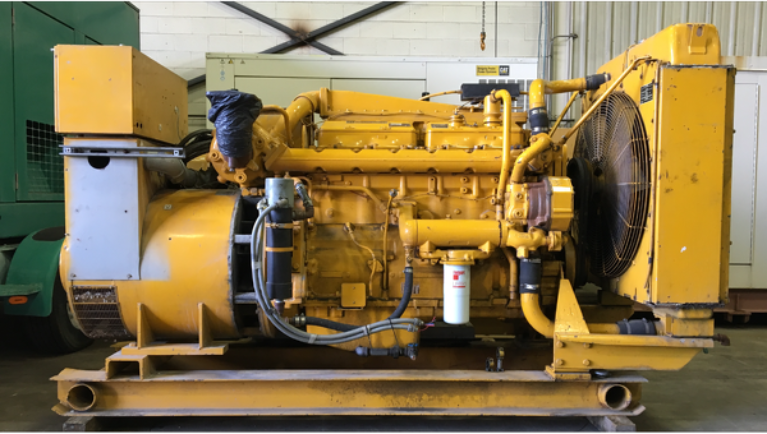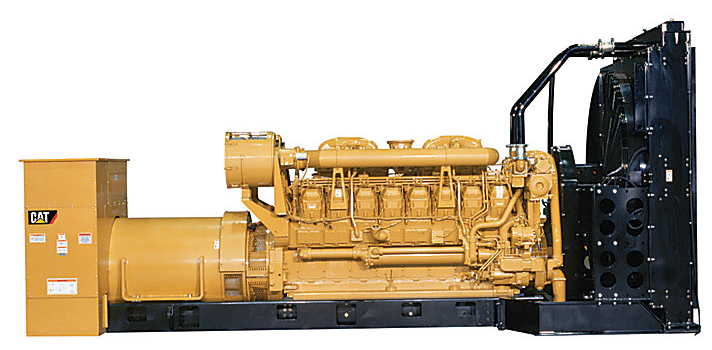Every company requires a reliable primary and backup power source to protect its assets and maximize productivity. However, do you know to select the right size unit to support your needs? Understanding commercial and industrial generator sizing are crucial for selecting the most efficient option for your needs.
On the other hand, installing the wrong size power source will not only diminish the performance but also increase the risk of system failure, safety concerns, and property damage. One of the options you should also consider is the Caterpillar diesel generator. They are known to be pretty reliable and efficient.
Now, let’s see how you can choose the right generator size for your industrial, commercial, or manufacturing business.
Evaluate your power requirements
It’s important to note that generators come in various configurations and sizes. Therefore, before you even determine the size of the generator you need, you have to know what it will be used for and how much wattage and power are required to support all your applications.
Whether you need a fix for an industrial plant in case of a power outage, or solution for maintaining productivity, or a portable unit for remote operations and industrial tools, the list goes on and on.
Once you calculate your kW and kVA power requirements, you will narrow down the choice and be able to pick a specific size generator.

Determine your site condition
Now that you have handled load capacity and power ratings, it’s time to think about generator options and site conditions.
For instance:
- Do you require an emergency, primary, or standby power source?
- Are you looking for a stationary or a portable unit?
- Does your facility have environmental concerns or a limited amount of space?
- Do your power requirements demand a three-phase or a single-phase unit?
Utilize available recourse
While it’s possible to guess the right size of a generator on your own, it can become quite challenging as your power requirements became more significant. However, there are plenty of viable ways to get the support and information you need to make an accurate assessment.
Also, you can hire an expert who can assist you make the right decision, or you can use one of the online assessment tools.
Pross of diesel generators
Diesel fuel was developed as a more reliable and lower-cost alternative to gasoline. That’s why diesel engines are so popular across the world. However, they do have their pros and cons, so let’s check them out.
Pros:
- Very stable fuel from a safety standpoint
- Great energy density and return for a fuel company
- Less tear and wear
- Longer engine life
- Produces more power and torque at a lower speed
- Easier maintenance
- Easy and safe fuel storage
- Better performance
Cons:
- Noise can be pretty high, especially with older models
- Higher initial price
- When it’s cold weather, it’s harder to start and more difficult to shut off in the heat
- Fuel tends to contaminate easily
- These types of engines are bulkier and require more space to operate




